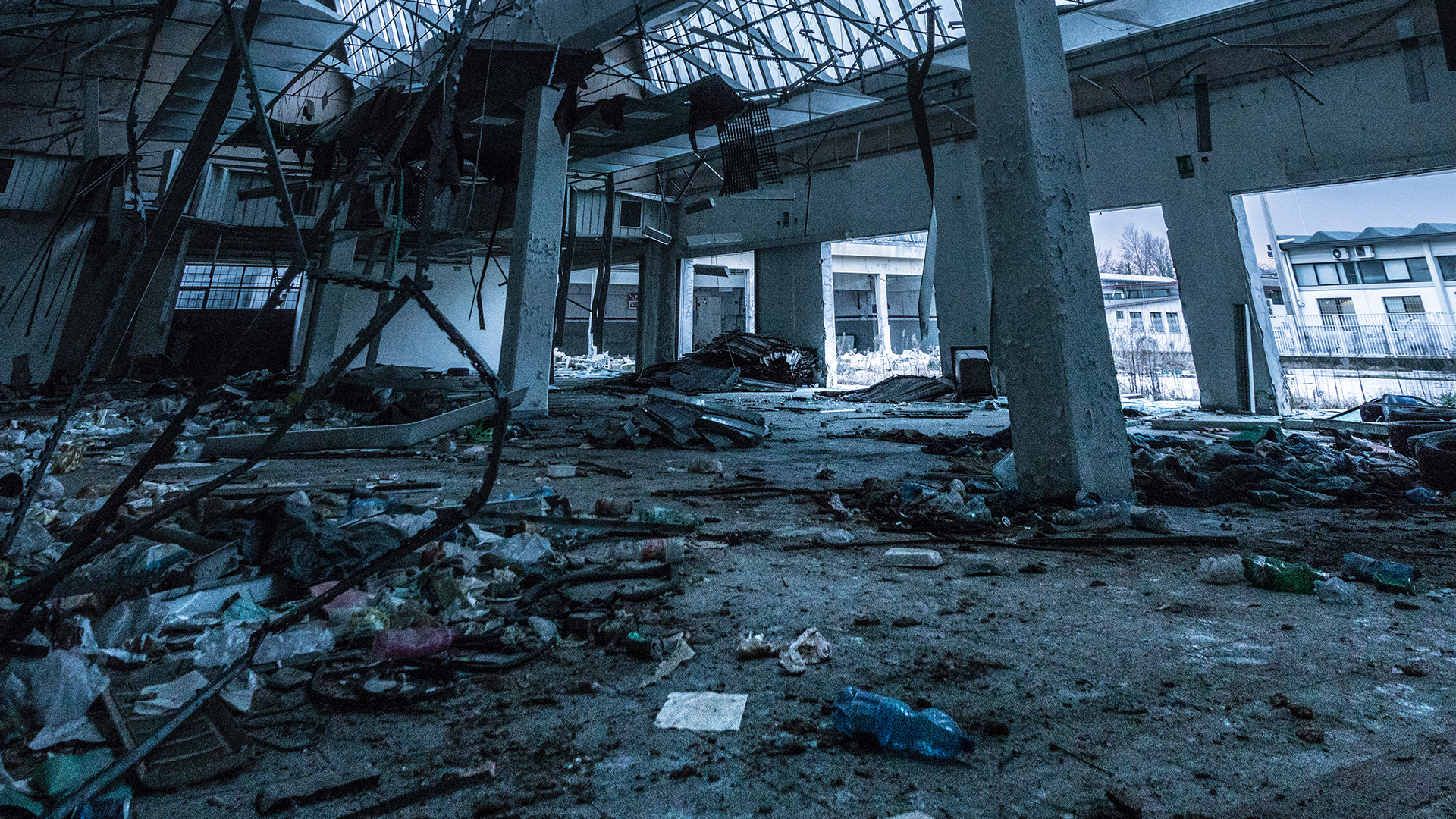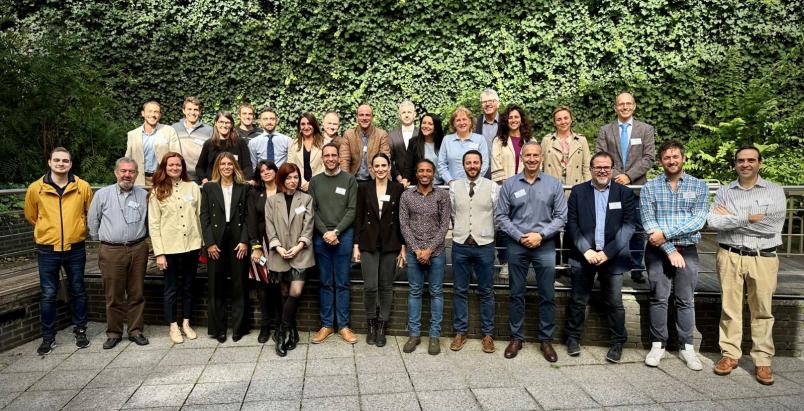
The European project EMERITUS aims to tackle environmental crimes

Officially kicked off last 4th and 5th October in Brussels, EMERITUS (HORIZON-CL3-2021-FCT-01) is an innovation project that aims at laying the foundations for a new generation of technological tools to realise and implement a protocol for effective environmental crime investigation at national and cross-border level, facilitating collaborative operations and networking in this domain.
To develop such a protocol, the EMERITUS project intends to develop a two-tier path. On the one hand, it will pursue the integration of innovative monitoring and analysis technologies, such as drones, satellite data, virtual sensors, geo-intelligence data. On the other, it will carry out a complementary training programme to foster the intelligence and investigation capabilities of Law Enforcement Agencies (LEA) and Border Guards (BG) at national and cross-border level.
Politecnico di Torino is a partner in the project, tasked with the involvement of the Departments of Environmental, Land and Infrastructure Engineering (DIATI), Architecture and Design (DAD) and Electronics and Telecommunications (DET) and under the scientific coordination of Prof. Marco Piras. More specifically, PoliTO will act as Drone, Satellite and Positioning data specialist within the consortium, contributing to data classification, data collection and navigation and positioning - utilising, among other things, EU GALILEO Constellation and Copernicus services. Furthermore, it will work as a use case contributor for testing EMERITUS' solutions in some selected sites in Northern Italy.
The relevance of the project is demonstrated by the 2022 Legambiente Report on environmental crimes in Italy (you can read the “Rapporto Ecomafia” at this link), presented last December in Rome, mandating that in 2021, in Italy alone, over 30.000 environmental crimes were registered. The illegal cycle of cement leads the "ranking" of illegal supply chains with 31% of 2021 total offences, followed by the waste cycle and crimes against fauna. A surge in crimes against forest heritage is also recorded. The Report pays special attention to cross-border crimes and points out that the amount of illegal waste seized in the first nine months of 2021 was double the size of what had been seized across the whole 2019.
At a European scale, to achieve the project objectives, EMERITUS will benefit from a consortium led by GMV Aerospace and Defence SA and composed by 8 Police/Border Guard authorities from 5 countries, 4 security experts, 2 training specialists and 6 technological partners. In addition, the competence and experiences of a network of external stakeholders will be grouped in a Community of Practice. The Community will allow its members to share information and knowledge that will support the project activities and, in particular, will lead to the co-creation of a baseline investigation protocol to guide law enforcement agencies to harmonize and standardize their investigation approaches; the development and integration of a Geo intelligence platform; the operational training and testing of the EMERITUS integrated solutions on 4 defined use cases (Water contamination detection and prediction, Waste storage centres monitoring, Cross-border illegal waste trafficking, and Identification of illegal waste sites); the drafting of policy recommendations and an implementation roadmap.
The Community of Practice is currently under development, and the Municipality of Torino (leader of the project’s Work Package for the stakeholders’ community management) has launched a call for expressions of interest. All institutions or professionals who are interested in being involved may apply through the form at this link.